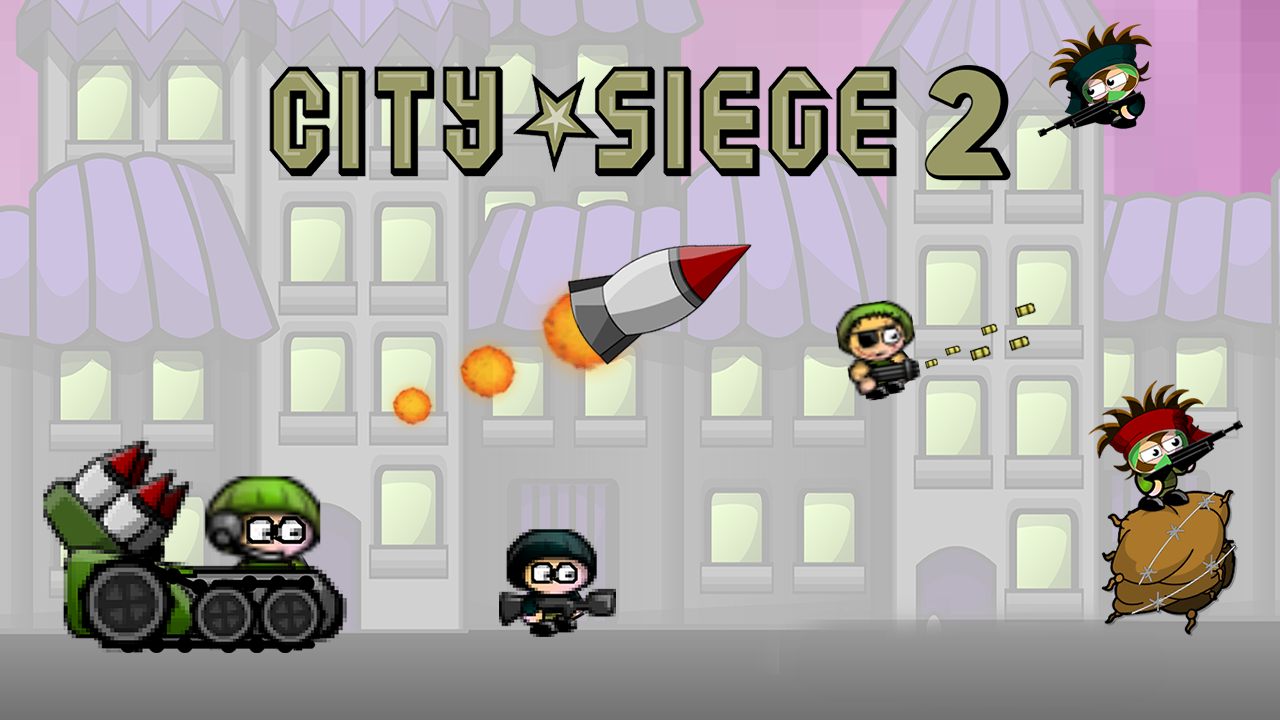

Flip Skater R

Ice Fishing
 Featured
Featured

Parkour Block

Running Bros

Steve And Ale
 Featured
Featured

Pop Jewels
 Featured
Featured

Makeup Stack

Vacuum Rage

Russian Cargo

Word Scramble

Noob Parkour
 Featured
Featured

3d Ball Balan

Crime Theft G

Pop It Master

Fall Red Stic

Go To Zero

Parking Line

Merge Rush Z

2d Dark Racin

Fashion Repai

Mini Duels Ba

Scary Granny

Dalo
 Featured
Featured

Classic Mine

Basketball Ch

Spooky Hallow

Turn Turn

Familynest: T

Flyway Duo Ra

Run Rabbit Ru
 Featured
Featured

Super Kid Adv

Tile Journey

Hexa Tile Mas

Bow And Arrow

Kick And Ride

Mr Noob Hook

Brainstorming

Fun Colors

Draw 2 Save D

Hide And Esca
 Featured
Featured

Spider Rope H

Cupsaga

Smile Style
 Featured
Featured

Celebrity Spr

Blonde Chibi

Stumble Boys
 Featured
Featured

Hidden Object

Angry Rex Onl

Toilet War: M

Slender Boy E

Rude Races

Cute Chibiusa
 Featured
Featured

Speedy Shapes

Real City Dri

Mini Fighters
 Featured
Featured

Save Her Tour

Flying Motorb

Get Ready Wit

Parking Rush

Treasure Hunt

Stick - Color
 Featured
Featured

Idle Farm

Royal Jewels

Freddy's Runn

Ellie And Fri

Stack Ball

Forest Match

Dynamons 6

Turkey Twist

Bffs Black Fr

Volley Beans
 Featured
Featured

Empire Of Pro

Master Of 3 T

Gang Brawlers

Special Holid

Monster Truck

Idle Animal A

Dibbles 4 A C

Speed Demons

My Pocket Bla

Us Army Car G

Mine Sweeper

Faceball

Cooking In Th

Word Mine

Bubble Rush

Squid Deadfli

Panda Command

Mahjong Maste

Gangster Hero

Kings Clash

My Dreamy Flo

Granny 3 Retu
 Featured
Featured

Frozen Winter

Squicky

Mahjong Frenz
 Featured
Featured

Dino: Merge A

Long Hand Esc

Kingdom Wars

Football Head
 Featured
Featured

Best Classic

Drunken Fight

Mahjong Magic
 Featured
Featured

Jail Prison V

Pixel Village
 Featured
Featured

Block Team De

Heart Box

Math Rockets

Cricket Live

Sky Maze Chal

Thanksgiving

Coffee Stack
 Featured
Featured

Bonnie Fitnes

Totally Relia

Castel Wars M

Battle Royale

Gameloft Soli

Count Escape

Save The Obby

Bubble Shoote

Dibbles For T
 Featured
Featured

Home Island

Little Farm C

Minigolf Clas

Crazy Design:

Battle Tanks

Idle Pet Busi

Asteroid Shie

Matches Puzzl

Unicycle Bala

Truck Simulat

Ace Car Racin

Protect My Do

Chicken Blast

Click-o-trick

Army Defence

City Siege 2.

Alphabet Room

Feudalism 3

Scroll And Sp

Pursuit Rampa

Eye Art Perfe

Visual Memory

Muscle Challe

Thrill Roller

Blob Bridge R

Fish Resort

Jelly Match 4

Ball Throw Fi

Cotton Candy

Hexaquatic Kr

Pixel Protect

Fall Boys And

Kitten Hide A

I Like Pizza

Match 3 Jewel

Kill The Drag

Stick Duel: S

Among Shooter

Marathon Race

Cop Simulator

Mine Fps Shoo

Mushroom Bloc

Minetap Merge

Donut Box

Asmr Washing

Hero Story -

Clash Rider -

Jetpack Heroe

Duel Of Build

Pride Mahjong

Realistic Cit

Idle Pizza Em

Sort Fruits

Tiles Hop Bal

Blue Vs Red!

Celebrity Gal

Jumpy! The Le

Word Guess

Super Chicken

Stick Shadow

Super Onion B

Pixel Path

2048 Puzzle:

Cube In Cube

Jewel Garden

Strawberry Sh